Subtotal: CHF 17.60plus shipping surcharge CHF 4.90 (not applicable from a value of goods of CHF 150)
The forest gardens of Kerala: a travelogue
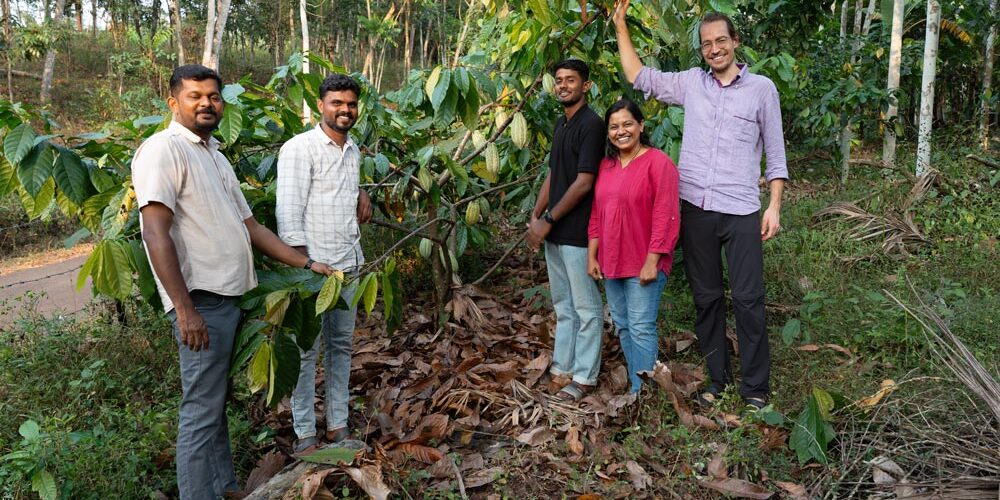
More than fair trade - Crowd Container's first slogan was inspired by the Fair Trade Alliance Kerala (FTAK). Our partners in Kerala developed the concept more than ten years ago. Fair Trade +3 was launched. In addition to fair trade and organic farming, its focus is on three topics: Biodiversity, food security and gender equality. During my visit to Kerala at the beginning of the year, I discussed these issues with the producers and gained many impressions of the local way of working and living.
From the SeedFest in the picturesque UNESCO World Heritage Site…
The journey begins in the picturesque hills of Wayanad. The West Ghats run through this north-eastern district of Kerala: a mountain range that is home to a variety of animal and plant species. As one of the world's most important biodiversity hotspots, the West Ghats are also a UNESCO World Heritage Site. And it is precisely there that the Fair Trade Alliance Kerala (FTAK) organizes the SeedFest every year. At SeedFest, the almost 4,500 FTAK members and all interested parties can exchange ideas, attend technical inputs and political lectures and buy and sell seeds. There is also plenty of good food, music and dancing.
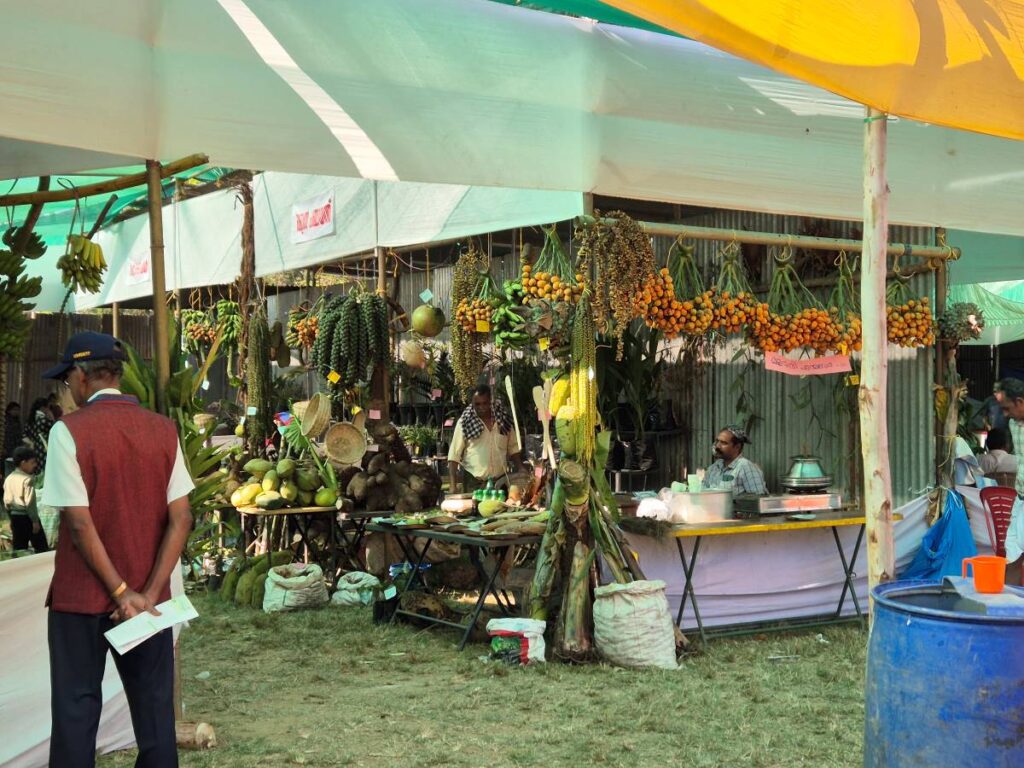
... to the stunning forest gardens
After these first inspiring days at SeedFest, our partners take me to farms in Wayanad and other regions of Kerala - truly a journey of discovery. At the heart of the cooperative are the individual farms. They are very manageable in size: a single farm usually covers an area of just one to two and a half hectares, while the average size of farms in Switzerland is more than 20 hectares. At the same time, the sheer diversity is overwhelming and hard to keep track of - up to 70 different plant species grow on a single farm. In these forest gardens, I come across banana trees under which coffee grows, surrounded by pepper bushes and meter-high jackfruit trees with huge fruits. A few steps further on, I see papaya and cocoa trees and, if I'm not careful, I step on ginger or turmeric roots. I don't know the names of many of the plants or what they are used for - but the farmers patiently explain to me what they are used for.
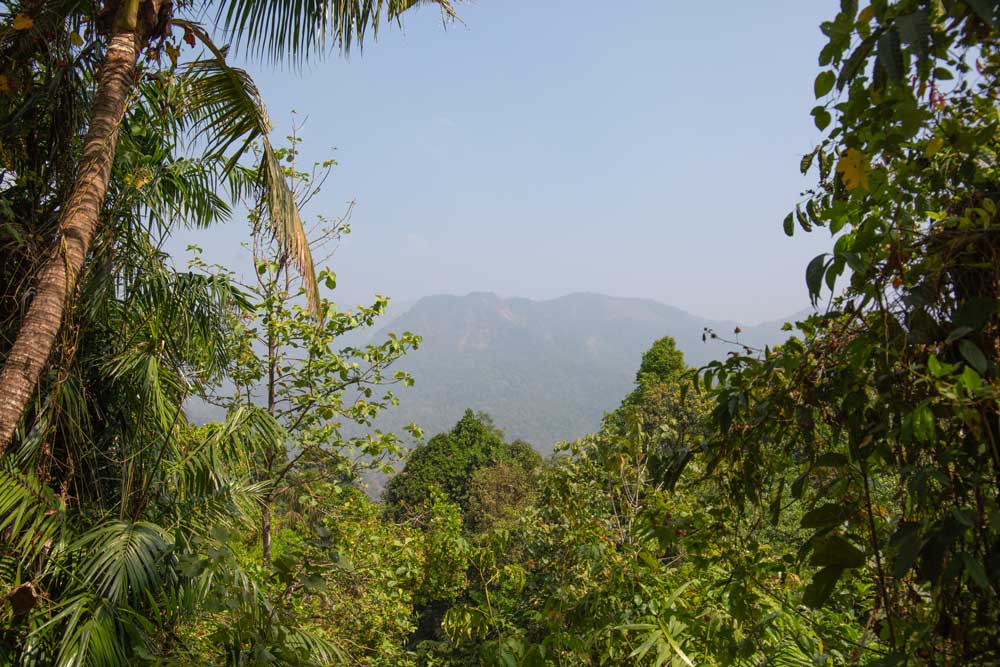
Good food
But I don't just learn new things, I am also served lots of delicious and fresh food: the basis is local rice, always accompanied by hearty and well-seasoned vegetables with coconut milk. The whole thing is rounded off with homemade pickles. In between, there are various sweet snacks: from fresh papayas, bananas, cinnamon apples and passion fruit, to coconuts, from which I also sip the refreshing water, to cocoa, from which the tender flesh is eaten.
Great effect
FTAK's philosophy also refers to this abundance. The products are "fairly traded" and "organically grown". At the same time, the cooperative goes one step further: biodiversity, food security and equality are the three central pillars of its work. Fair Trade +3 so. By cultivating up to 70 plant species per farm in a soil-conserving and organic way, FTAK members contribute to the promotion of biodiversity and at the same time aim to ensure their own food security. The producers consume a large part of the harvest themselves, with only the remainder destined for resale.
In turn, the empowerment of women, particularly with regard to financial responsibility on the farms, has a positive impact on biodiversity and food security. Anuradha, who is the first CEO of FTAK, has observed that women farmers in particular attach greater importance to food security and are therefore also more committed to preserving biodiversity. This is why FTAK supports so-called self-help groups (SHGs) within the cooperative, which are often led by women and drive forward certain projects such as the reclamation of cultivated land.

Sustainable agriculture and high-quality food
After my inspiring and instructive visit, I appreciate all the more that Crowd Container has a partner in the Fair Trade Alliance Kerala that takes a holistic approach. Empowered by their community, the members of FTAK skillfully combine tried and tested forms of cultivation across generations with new ideas for sustainable agriculture. They are thus well positioned to face the major ecological and social challenges. This commitment not only has a positive impact on local living conditions - we here in Switzerland also benefit from the high-quality food from Kerala.
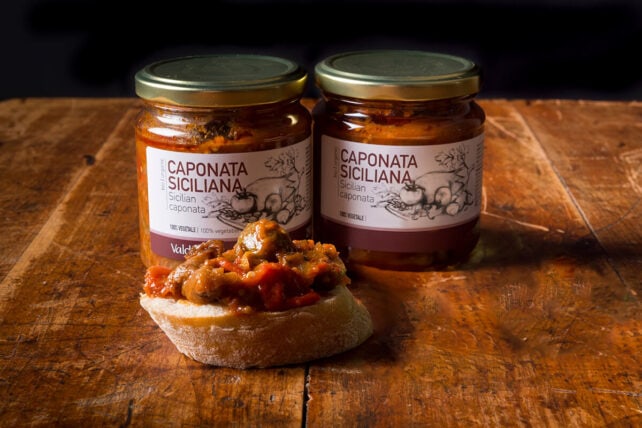 Caponata (2x 290g)
Caponata (2x 290g)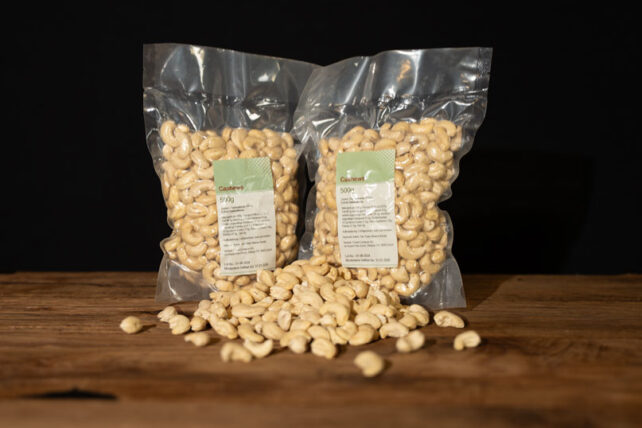

I am always absolutely thrilled with you! I'm especially looking forward to trying the spices from Kerala and I'm already looking forward to September!
Best wishes from Toggenburg
Margarit Maag